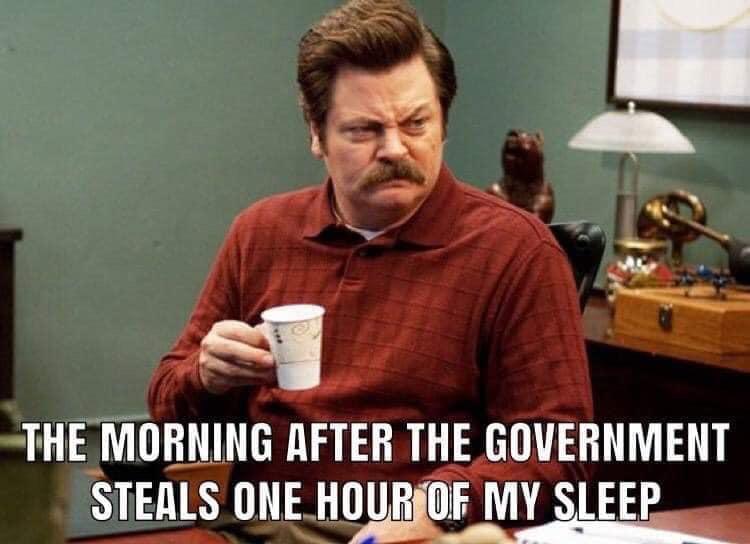Happy Monday, dear readers! It’s another beautiful week in paradise. We’ve celebrated Cinco de Mayo, and, as we are clearing away signs of those festivities, we are getting ready for Mother’s day this Sunday. In this world of uncertainty, dear readers, you cannot expect another reminder that Mother’s Day is coming up this Sunday, May 14. It might already be too late, but do try to make those lunch reservations, order those flowers, and set aside time to give your mother a call.
I think if our dear friends and family members were to visit us in California, they would expect to see certain things. If they were here for a week without Sacramento trying to crush another swath of California’s businesses, they’d feel like they missed out.
So, it only makes sense that we take a look at Assembly Bill 1213, which just passed through committee at the end of April. What does AB1213? Well, what doesn’t it do?!?
A lot, to be fair, but primarily AB1213 exempts any periods of TD pending IMR review of treatment (and eventual overturn) from the TTD cap of Labor Code section 4656.
So, let’s take a scenario. Applicant has a DOI of 1/1/2020. He goes on TD and his TD would be exhausted by 1/1/2022, as per 4656(c). Well, if applicant’s PTP submitted an RFA on 3/1/2020, and UR came back with a denial on 3/6/2020, all the periods from that 3/6/2020 denial to the IMR overturn would not count towards the 104-week cap.
What do we need to do if AB 1213 becomes law? Well, in every file, we set reserves and value cases based on a range of exposure, factoring maximum exposure of course. How can defendants adequately set reserves or value cases for settlement when there is almost a perpetual TD range?
It’s not all doom and gloom, of course – in 2021, IMR upheld 92.8% of UR denials. The ultimate impact is going to be limited. But this isn’t the only squeeze California’s employers and insurers are feeling from Sacramento. There seems to be pressure from every end to make $100 in payroll more and more expensive for businesses in California.
Now, if life was fair and California was interested in seeing justice for both employer and employees, when IMR denies a method of treatment, and the PTP has no other suggestions that are likely to change applicant’s condition substantially in the next year, as contemplated by 8 CCR 9785(a)(8), then we would also have regular findings that applicant is P&S retroactively to the date of a UR denial, once the IMR appeal has been exhausted. We would also have TTD overpayment credit as a matter of right, rather than judicial discretion.
What is good for the goose is good for the gander, after all, no?
But instead, we see a continuous stream of policies and rulings that disproportionately favor applicants at the expense of defendants in Workers’ Compensation. My beloved readers, the secret to youth, I have found, is to maintain that adolescent naivete which objects to injustice and life being unfair. That is how your humble blogger maintains feeling like a 20-year-old.
Like so many other recent results from Sacramento, AB1213 seems worthy of watching. But, likewise, we can watch the cost of doing business in California as it continues to rise.

